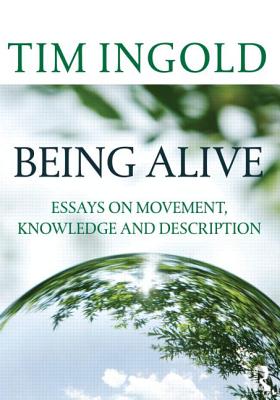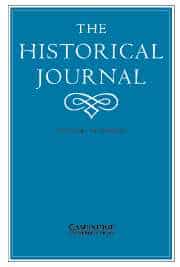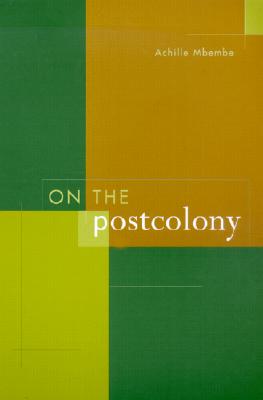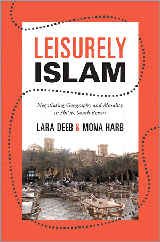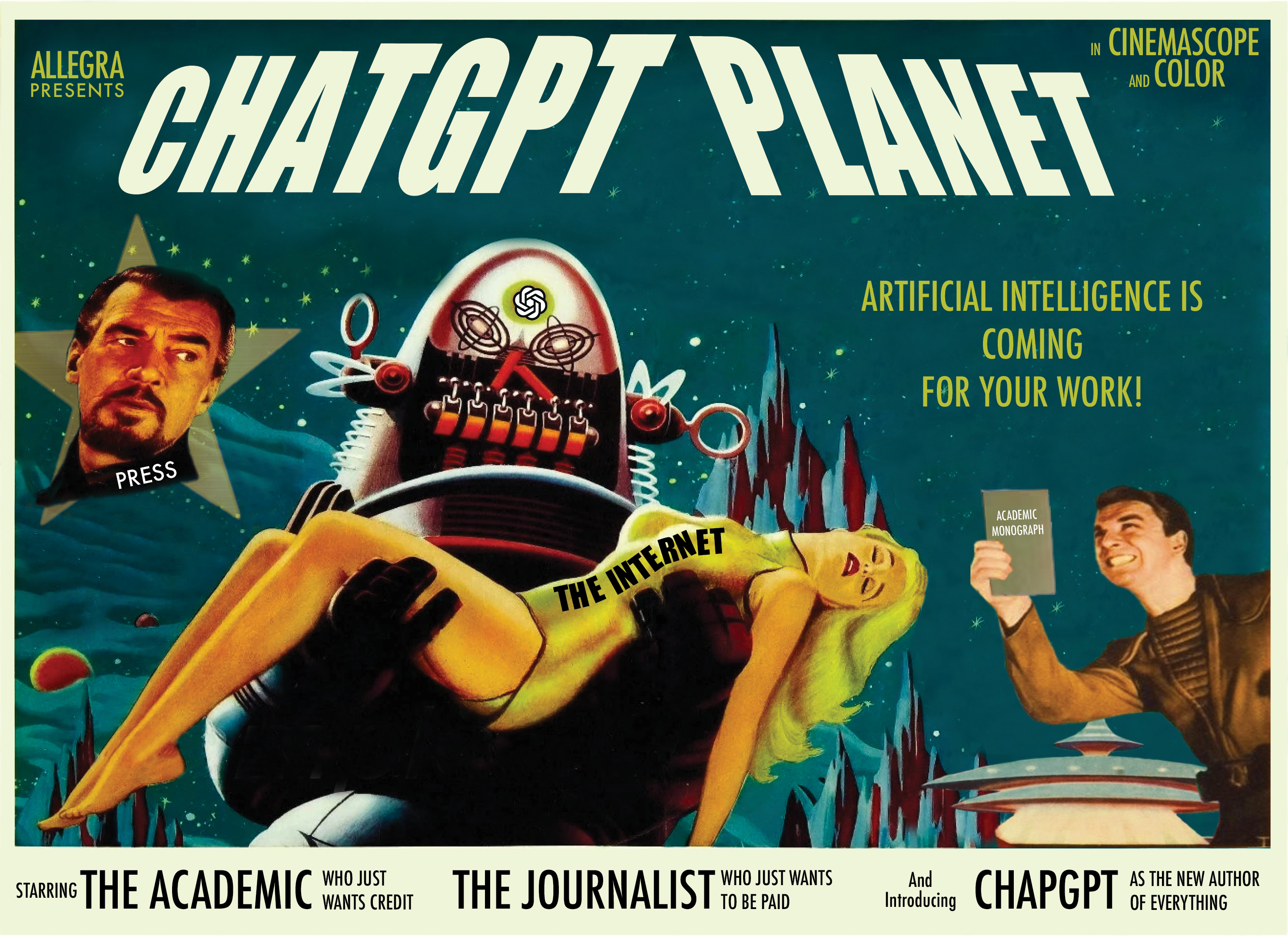As we have said before, we are working hard here in Allegra to find clever & inspiring ways to tackle the challenge we have labeled ‘publications’ – just how does one find a meaningful way to maneuver through heaps of new publications without becoming totally random, or absolutely insignificant? The ‘jury is out’ on a holistic solution (or maybe that doesn’t even exist), but for the moment we want to try again something new. Namely, we want to offer you things that we have read and discussed in Allegra since we got started with our beloved website; all in the spirit of providing you inspirational reading for the holiday season!
This is all the more so as Allegra too will be retiring for a well-deserved break (we trust that you’ll agree with us here) and return to action in full swing with the new year. However, don’t take our absence as inactivity – to the contrary! We have already began scheming for new things to come for the spring, and also we insist: occasional inactivity and leisure are KEY to keeping inspired spirits afloat!
With this, please enjoy our list of inspired and inspiring reading – no claims for comprehensiveness, but only too pleased for additions from you, our dear readers, under the comments section!
Tim Ingold, Being Alive: Essays on Movement, Knowledge and Description (London; New York: Routledge, 2011).
OK, we know that over the past fall we have been gushing over Tim Ingold’s work slightly more than might really be appropriate by any degrees of academic etiquette, but what can we say: reading him literally makes us feel that we can breath deeply again and that the world makes sense once again. Given this, would it not be more wrong of us NOT to gush about him?!
Mark Mazower, “The Strange Triumph of Human Rights, 1933-1950,” The Historical Journal 47, no. 2 (2004): 379–398.
In the midst of all these book references it may appear funny to single out an article, especially since the man in question has certainly produced books-a-plenty to provide equal inspiration (he is, after all, called by many as the leading historian of international organizations and the early 20th century). Yet despite of all of our search for guidance on how to make sense of the early phases of the contemporary human rights phenomenon this article manages to continually capture our gist too: the triumph of human rights is strange!
Michel-Rolph Trouillot, “The Anthropology of the State in the Age of Globalization,” Current Anthropology 42, no. 1 (2001): 125–138.
This is another article, and further one that we have already highlighted before – but once again, what can we say: this one simply is a classic to which one and all attempting to make (anthropological) sense of globalization can be directed (and if you don’t believe us, just ask a fellow blogger Jason Antrosio who has singled out both Trouillor and this article a few times in Living Anthropologically too over the past fall!)
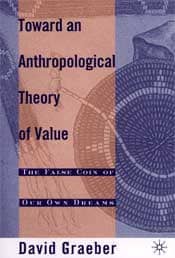
Some of our most observant readers may have noticed that over the past little while Allegra has been very interested in values – and if we believe Savage Minds, we are not alone but rather strictly on the pulse of the ‘ontological turn’ in anthropology also embodied by the two special issues of HAU. While these two issues entail undoubted master pieces (including one by Anna Tsing) we still want to single out someone who was miles ahead of all of us: what do you know, the ‘neo-conservative’ (intended ironically) David Graeber. Sure, in 2001 when this book came out he may have been lonely attempting to initiate this discussion, but we are confident that he finds all his solitary experiences well compensated now when he is able to come forth as the pioneer of the debate!

Again a familiar name from his previous writings, the likes of which Allegra has also been inspired by, somehow this book has spoken us loud and clear: just what does the ‘mental’ or ‘emotional’ landscape of a hugely influential professional sector look like after crises? What has replaced previous utopias of grandeur and ‘untouchability’?
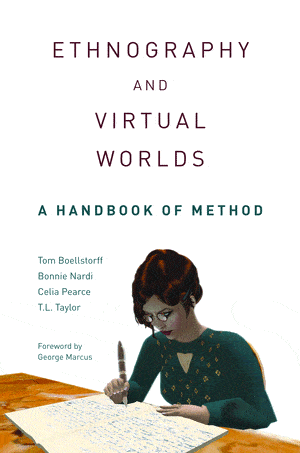
On occasion there is nothing more relaxing than a good old handbook! Ah, the relaxing sensation of having someone guide you back to the basics, thus providing renewed opportunities to reflect on things thought familiar, yet appearing fresh and exciting once more. And as added value for the handbook in question: its target of investigation. Just what is new and different about studying virtual worlds, and in which ways is it does it merely embody the old saying: ‘the more things change, the more they remain the same?’ Ceedos also for the great list of myths of what fieldwork/ethnography is and is not – a list that we certainly envision coming in handy both for explaining the intricacies of our discipline to the ‘uninformed’ audience, as well as for introducing the unsuspecting fertile mind to it (also known as student).
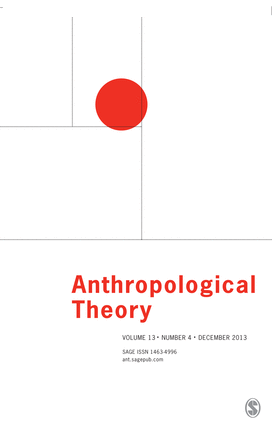
Another article, but one that felt worth while a mention. For it provides to us one of the most successful summaries of just what global anthropology could/should look like – enthusiasm perhaps also emanating from the sensation that there is still room in this theoretical terrain despite of much exciting work continually appearing.
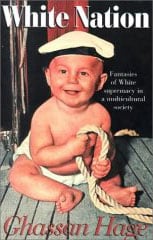
Let’s be frank: it is the book cover that initially attracted our attention. But then we were not disappointed by its content. This is a must read for anyone who wants to understand the underlying assumptions behind multicultural politics in the West and how it goes hand in hand with white nationalism. The book is not exactly new, but its central argument remains extremely relevant today!
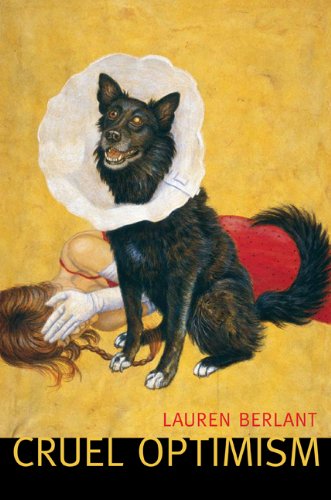
Lauren Berlant argues that optimism operates in all kinds of attachment (from intimacy to belief in capitalism as a form of meritocratic system). In Cruel Optimism, she investigates how optimism-sustaining versions of intimacy meet the normative practices, fantasies, institutions and ideologies that organise people’s worlds. The question Berlant asks is: Why is it so hard to leave those forms of life that don’t work? Why is it that, when precariousness is spread throughout the world, people fear giving up on the institutions that have worn out their confidence in living?
Achille Mbembe, On the Postcolony (University of California Press, 2001)
This book has become a classic: this is precisely why we believe it is worthwhile putting it on our reading list again! The author aims to describe the conditions under which contemporary social realities across the African continent came to be known through the espitemologies deployed by Western social sciences. The book does not only build on Post-Colonial Studies to deconstruct master narrative of ‘othering’, but goes a step further by offering alternative ways to grasp the ‘life-world’ of Africa. Mbembe asks: “what is the set of particular signs that confers on the current African age its character of urgency, its distinctive mark, its eccentricities, its vocabularies, and its magic, and make it both a source of terror, astonishment, and hilarity at once? What gives this set of things significations that all can share? In what languages are these significations expressed? How can these languages be deciphered?” (p. 15).
Lara Deeb & Mona Harb, Leisurely Islam: Negotiating Geography and Morality in Shi’it South Beirut (Princeton University Press, 2013)
Yes, this is AGAIN a book about Islam…BUT written through the original and refreshing angle of LEISURE. Enough of seriousness when it comes to religion! And yes! religious identities are modern too! Beirut is perhaps the best place to observe how piety can manifest itself not only in mosques but also in everyday social life and in the coffee culture that is now reaching neighbourhoods that have been traditionally reluctant to entertainment.



